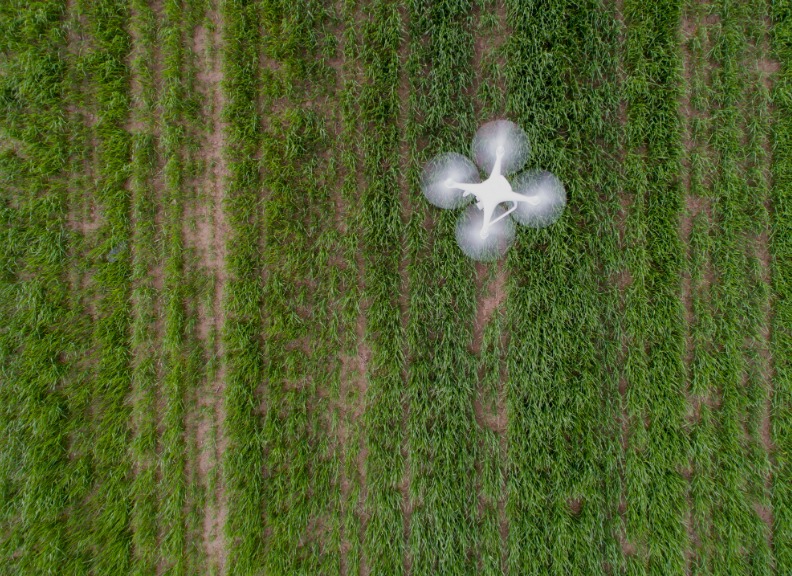Postgraduate
Master of Environmental Science
Contact us
Address
Student Central
The University of Western Australia (M355), 35 Stirling Highway, Perth, Western Australia 6009
Telephone
131 UWA (131 892)
International
(+61 8) 6488 1000
Hours
Frequently asked questions
Events you may be interested in
Show more eventsCareers and further study
Explore the career opportunities available to you.
Career Pathways
Further Study
Fees and scholarships
Learn more about the fees that apply to you for this course.
Domestic Student Fees
For Commonwealth-supported places, student contribution amounts are charged by unit, based on area of study. For a fee estimate, go to the Fee Calculator and select “I want to price my units”. Fees are subject to annual indexation. Refer to the Handbook to identify the units required. More information on how fees are calculated.
Scholarships
Scholarships are available to students from a diverse range of backgrounds, including academic achievement, financial need, educational disadvantage, leadership and community service, artistic or sporting achievements, and being from a rural or remote area.
Cost of living
International Student Fees
Onshore international students are charged an annual course fee, charged per credit point at a rate dependent on the course in which the student is enrolled. Annual course fees are calculated based on an annual study load. Check the handbook to confirm the annual study load for your course.
Find out more about international student tuition fees and visit the fee calculator for the relevant course fees.
Fees are subject to annual indexation.
Scholarships
Scholarships are available to students from a diverse range of backgrounds, including academic achievement, financial need, educational disadvantage, leadership and community service, artistic or sporting achievements, and being from a rural or remote area.
Cost of living
Admission requirements
If you’re interested in furthering your career by studying this postgraduate course, find out the admission details below
Admission Requirements
(a) a bachelor's degree, or equivalent as recognised by UWA;
and
(b) the equivalent of a UWA weighted average mark of at least 50 per cent;
and
(c) met the prerequisite for the chosen specialisation
(2) For the Environmental Management or Environmental Economics specialisations an applicant must have completed prior studies at a tertiary level in either science, engineering, economics, natural resource management, urban and regional planning, or policy studies; or a related cognate discipline, as recognised by UWA
(3) For the Catchments and Water or Environmental Rehabilitation or Sensing and Data Science specialisations an applicant must have completed prior studies at a tertiary level in either earth, environmental, engineering, biological or physical sciences; or a related cognate discipline, as recognised by UWA
(4) For the Marine and Coastal specialisation an applicant must have completed prior studies at a tertiary level in either marine, environmental, engineering, biological or physical sciences; or a related cognate discipline, as recognised by UWA
(5) For the Environmental Applications specialisation (open only to students from universities with an articulation agreement for entry to this course), students must have achieved a mark of at least 70 per cent in ENVT4422, completed in their first year of study, and a UWA equivalent WAM of at least 70 per cent in their first year of study at the student's home university
Ranking and Selection Process
English competency
English is the language of instruction and assessment at UWA and you will need to meet the English language requirements of the University to be eligible for a place.
Minimum overall IELTS score of 6.5, with no band less than 6.0.
How to apply

Ready for the next step?
Find out how to apply through our simple online application process.
We'll guide you through our entry requirements, admission pathways available to you and application deadlines for your chosen course.
We can’t wait for you to join us!
Course details
About the course
Quick details
- Available
- Perth (Crawley campus)
- Full-time
- Part-time
- On-campus
- Semester 1, Semester 2
- Please refer to the UWA Handbook
- Postgraduate
- 72530
- 074951G
Specialisations
- Catchments and Water: Sustainable land and river basin management
- Environmental Rehabilitation: Repairing degraded environments
- Environmental Economics: Integrating economics and science to improve environmental outcomes
- Environmental Management: Devising policies and strategies for sustainable environments
- Marine and Coastal Management: Integrated coastal zone management and protection
- Sensing and Spatial Data Science: GIS, remote sensing and data analytics
Course structure
Postgraduate coursework degrees and combined (coursework and research) degrees comprise a number of units. Refer to the course structure for more information.
Why study Environmental Science?
-
The scope and scale of pressures on our terrestrial and aquatic environments requires interdisciplinary and innovative solutions to support sustainable development.
-
You will gain in-depth knowledge of physical, chemical and ecological processes on local and regional scales, gaining advanced skills in the monitoring and assessment of environmental systems using field, laboratory, modelling and statistical techniques.
-
Our graduates are exposed to diverse environmental settings and have hands-on opportunities to apply their knowledge and skills to a diversity of real-world environmental issues.
-
You will develop the necessary professional skills to facilitate and guide government agencies and private companies to develop sustainable outcomes.
Course options
Remotely Piloted Aerial Sensing Platform

The Remotely Piloted Aerial Sensing Platform provides the latest in drone and sensing equipment to support UWA students and researchers.




